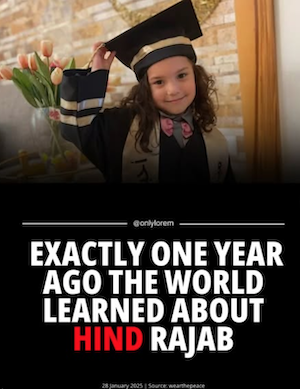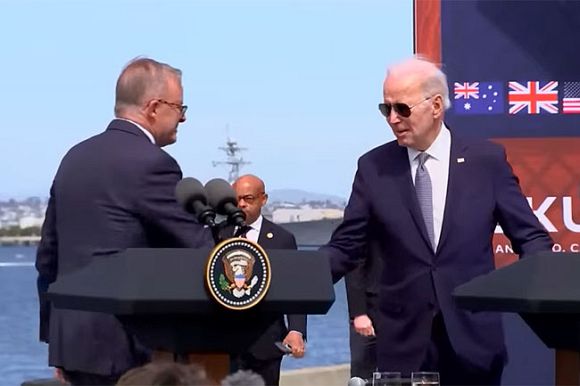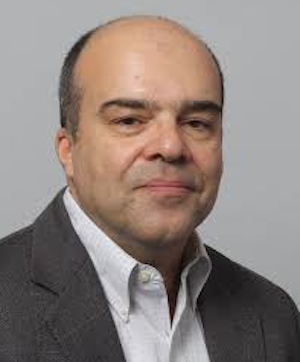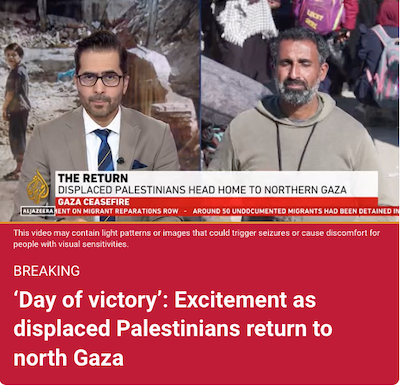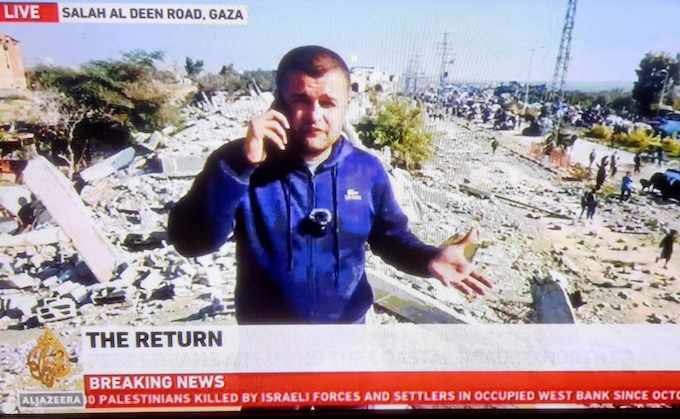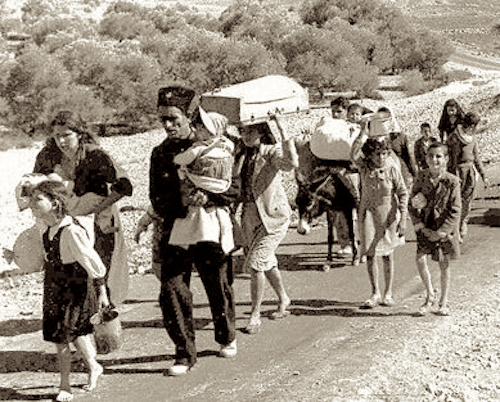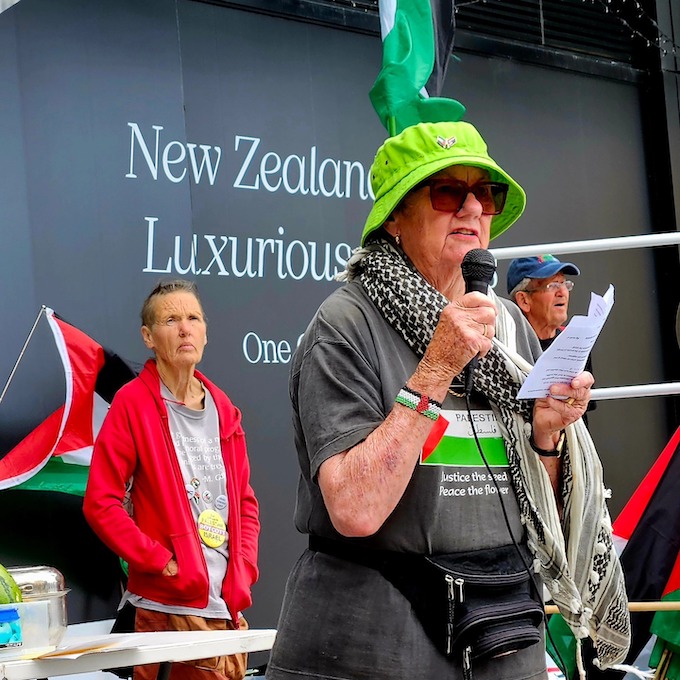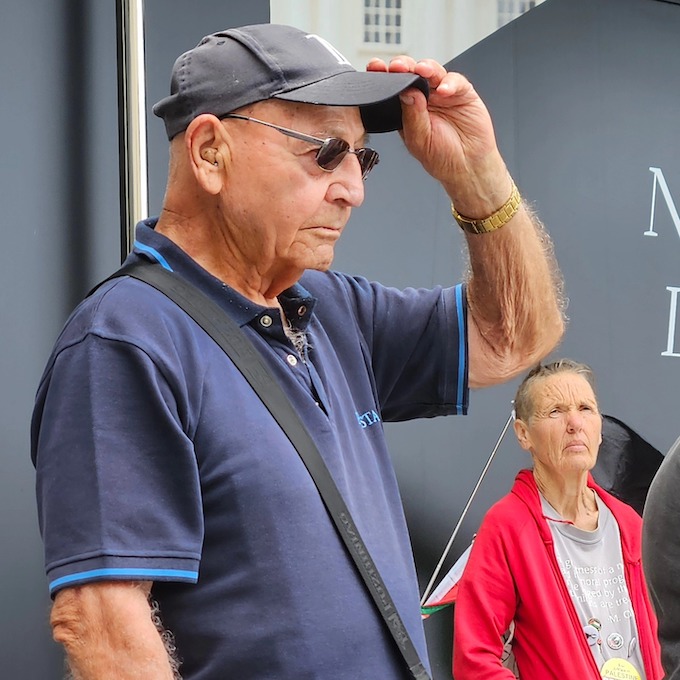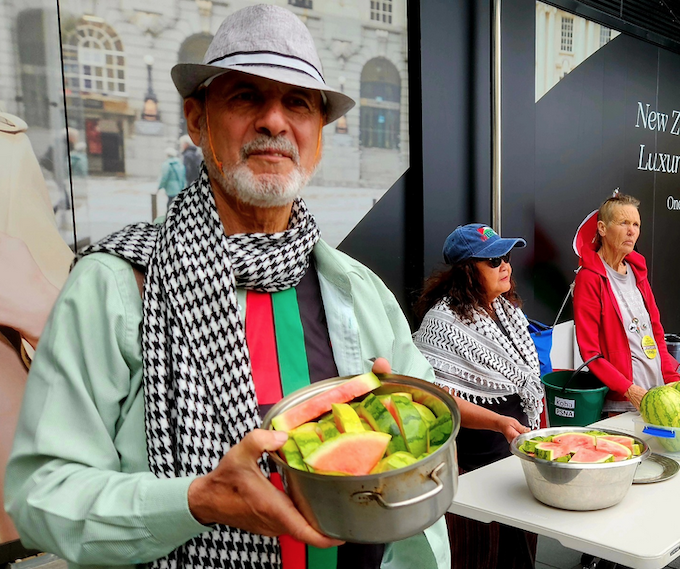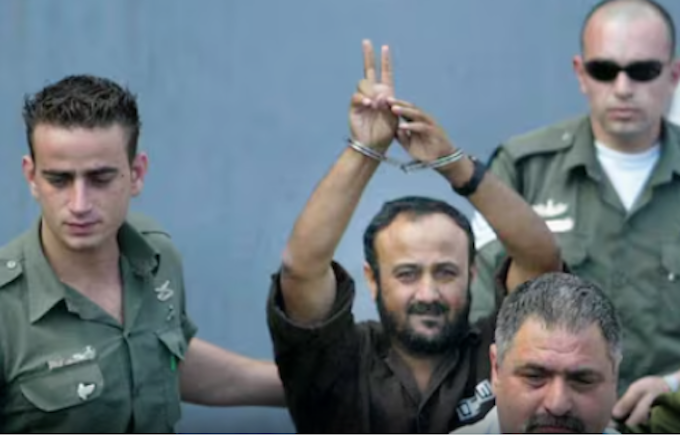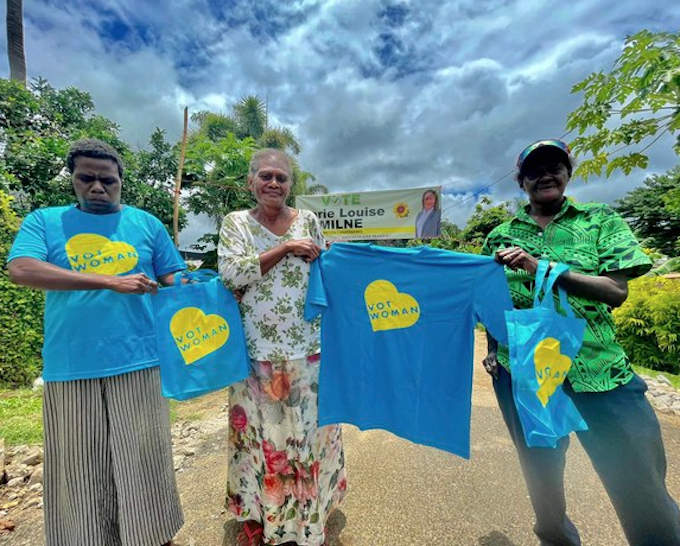In a fervent appeal to the global community, Prime Minister James Marape of Papua New Guinea has called on US President Donald Trump to “rethink” his decision to withdraw from the Paris Agreement and current global climate initiatives.
Marape’s plea came during the World Economic Forum Annual Meeting held in Davos, Switzerland, on 23 January 2025.
Expressing deep concern for the impacts of climate change on Papua New Guinea and other vulnerable Pacific Island nations, Marape highlighted the dire consequences these nations face due to rising sea levels and increasingly severe weather patterns.
- READ MORE: Trump is withdrawing from the Paris Agreement (again), reversing US climate policy
- How are Trump’s deportation targets reacting to his threats?
- Fact check: Trump’s first-week immigration orders – what are the effects?
“The effects of climate change are not just theoretical for us; they have real, devastating impacts on our fragile economies and our way of life,” he said.
The Prime Minister emphasised that while it was within President Trump’s prerogative to prioritise American interests, withdrawing the United States — the second-largest emitter of carbon dioxide– from the Paris Agreement without implementing measures to curtail coal power production was “totally irresponsible”, Marape said.
“As a leader of a major forest and ocean nation in the Pacific region, I urge President Trump to reconsider his decision.”
He went on to point out the contradiction in the US stance.
US not closing coal plants
“The United States is not shutting down any of its coal power plants yet has chosen to withdraw from critical climate efforts. This is fundamentally irresponsible.
“The science regarding our warming planet is clear — it does not lie,” he said.
Marape further articulated that as the “Leader of the Free World,” Trump had a moral obligation to engage with global climate issues.
PNG Prime Minister James Marape’s plea to President Trump. Video: PNGTV
“It is morally wrong for President Trump to disregard the pressing challenges of climate change.
He must articulate how he intends to address this critical issue,” he added, stressing that effective global leaders had a responsibility not only to their own nations but also to the planet as a whole.
In a bid to advocate for small island nations that are bearing the brunt of climate impacts, PM Marape announced plans to bring this issue to the upcoming Pacific Islands Forum (PIF).
He hopes to unify the voices of PIF member countries in a collective statement regarding the US withdrawal from climate negotiations.
US revived Pacific relations
“The United States has recently revitalised its relations with the Pacific. It is discouraging to see it retreating from climate discussions that significantly affect our region’s efforts to mitigate climate change,” he said.
Prime Minister Marape reminded the international community that while larger nations might have the capacity to withstand extreme weather events such as typhoons, wildfires, and tornadoes, smaller nations like Papua New Guinea could not endure such impacts.
“For us, every storm and rising tide represents a potential crisis. Big nations can afford to navigate these challenges, but for us, the stakes are incredibly high,” he said.
Marape’s appeal underscores the urgent need for collaborative and sustained global action to combat climate change, particularly for nations like Papua New Guinea, which are disproportionately affected by environmental change.
Republished with permission.
This post was originally published on Asia Pacific Report.
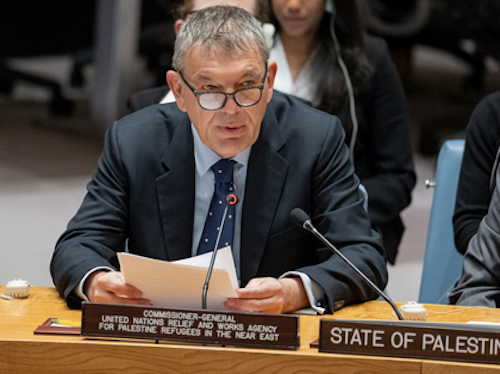






 – in
– in 
